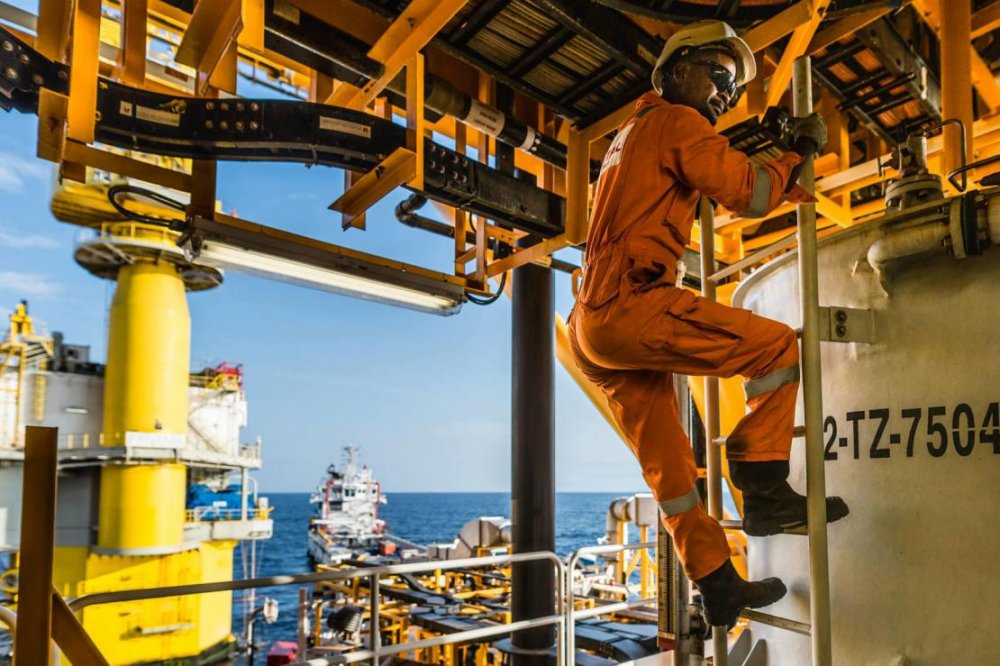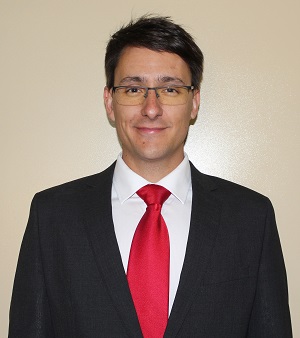MTN Loses Battle Against Monopoly Charges in Ghanaian Courts
The woes of Africa’s largest telecoms firm MTN continues with the Accra High Court dismissing the telcos case seeking the court to quash the decision by the National Communications Authority (NCA) to classify it as a significant market player (SMP) in the telecommunications industry in Ghana.
The court early this month dismissed MTN’s case and also awarded a cost of GH¢10,000 against the giant mobile network company. The decision means that the NCA can now take remedial measures against MTN in order to promote competition, protect other mobile network operators and consumers. The legal action by MTN, which challenged the processes that led to it being classified by the NCA as a significant market player (SMP) in the telecommunication industry, commenced at the Commercial Division of the Accra High Court. MTN had gone to court with a judicial review application urging the court to quash the NCA’s decision with an argument that the regulator failed to give it a hearing before classifying it as an SMP.
The NCA, however, insisted in its affidavit in opposition to the application that at all material times, MTN was aware and participated in the process that led to it being classified as an SMP.
Read also:Nigerians Have ‘Forced’ Ghana to Review Controversial Investment Law
Pursuant to Section 20 (10) of the Electronic Communications Act, 2008 (Act 775), on June 9, this year, the NCA classified MTN as an SMP after the regulator determined that the mobile network operator controlled more than 57 per cent of the voice market share, as well as more than 67 per cent of the data market share.
Act 775 allows the NCA to take “corrective measures” against an SMP in order to promote competition and protect other mobile network operators and consumers. In view of that, the NCA decided to “review and approve all charges by MTN”, set caps on what MTN can charge for its services, and also impose a 30 per cent interconnect rate for two years in favour of other “disadvantaged operators.”
Read also:Ghanaian Startup Nokwary Wins Ecobank’s 2020 Fintech Challenge
In an affidavit in support of the motion for judicial review deposed by Mr Serlom Adadevoh, the CEO of MTN Ghana, the company averred that the “failure of NCA” to give it hearing was a violation of the rules of natural justice, as well as Section 25 of the National Communications Act, 2008 (Act 769) which enjoins the NCA to “observe reasonable standards of procedural fairness.”
According to MTN, the “failure of the respondent (NCA)” to give it a hearing renders the SMP classification null and void. “The respondent (NCA) by not giving applicant (MTN) a hearing prevented respondent from making an informed decision, in that applicant was denied and prevented from making any submission before the decision to declare it a SMP was made,” it said.
The mobile network operator, therefore, wanted an order of certiorari from the court quashing the decision of the NCA to classify it as an SMP. Also, MTN sought an order of prohibition restraining the NCA from implementing the decision to classify it as an SMP and also circulating the decision.
In its affidavit in opposition, the NCA argued that the classification of MTN as an SMP was in compliance with Act 775.It was the contention of the NCA that it had fulfilled all the requirements under Section 20 (13) of Act 775 including the gazette notification dated June 9, this year.
Read also:ECOWAS to Mediate on Trade Dispute of Nigerians in Ghana
Also, the NCA said it had adequately engaged MTN on the implementation of its new status as an SMP. Again, the regulator argued that the process leading to MTN being classified as an SMP started in 2014 when the NCA held discussions with all mobile network operators (MNOs) on regulation of competition in the telecommunication sector.
According to the affidavit in opposition, pursuant to the engagement with the MNOs and in order to gather adequate information, the NCA, in November 2015, hired a global telecom consultancy firm known as Analyses Mason, to “undertake a study to determine whether any particular operator was a SMP.”
“The said study had the participation of the applicant Scancom PLC (MTN Ghana) at all material times. It is therefore untrue for the applicant to claim that it had not been heard in the process,” the affidavit in opposition contended. It was the case of the NCA that the study by the consultant identified MTN as an SMP with more than 46 per cent of the telecommunication market share as of 2014.
Armed with that information, the NCA said in October, 2019, it commenced another study by engaging the MNOs and using information supplied by them, which again confirmed MTN as an SMP.
Kelechi Deca

Kelechi Deca has over two decades of media experience, he has traveled to over 77 countries reporting on multilateral development institutions, international business, trade, travels, culture, and diplomacy. He is also a petrol head with in-depth knowledge of automobiles and the auto industry


















